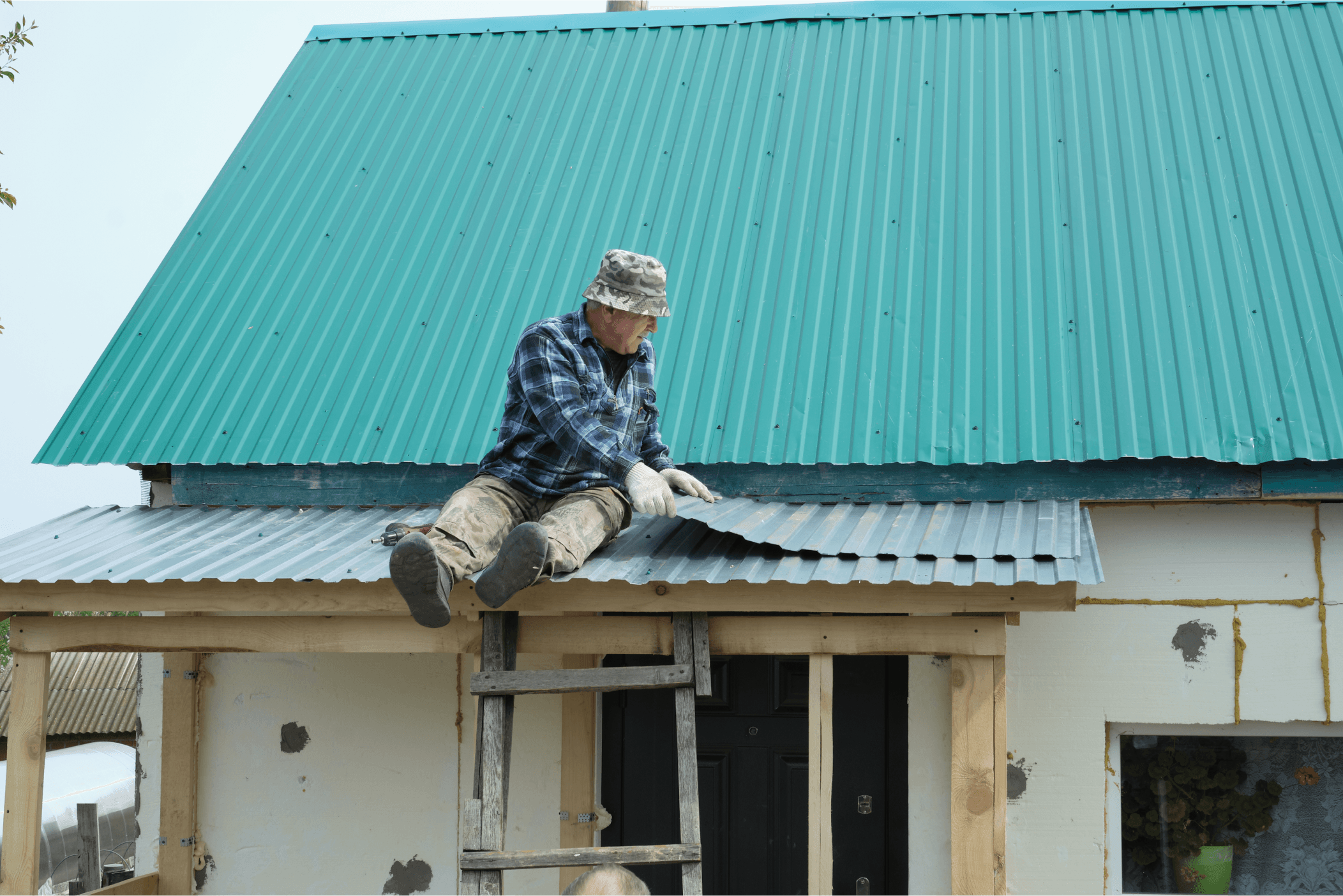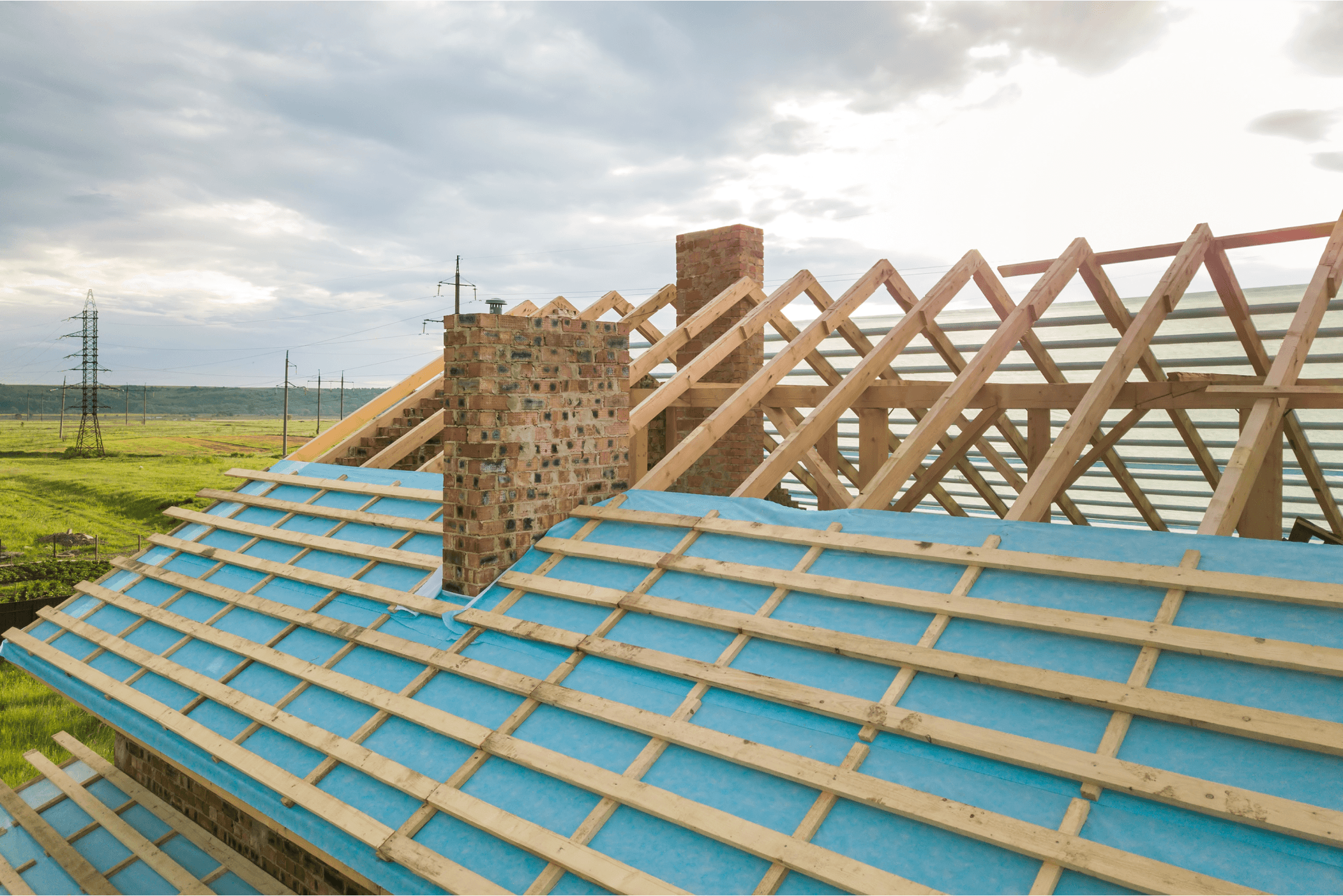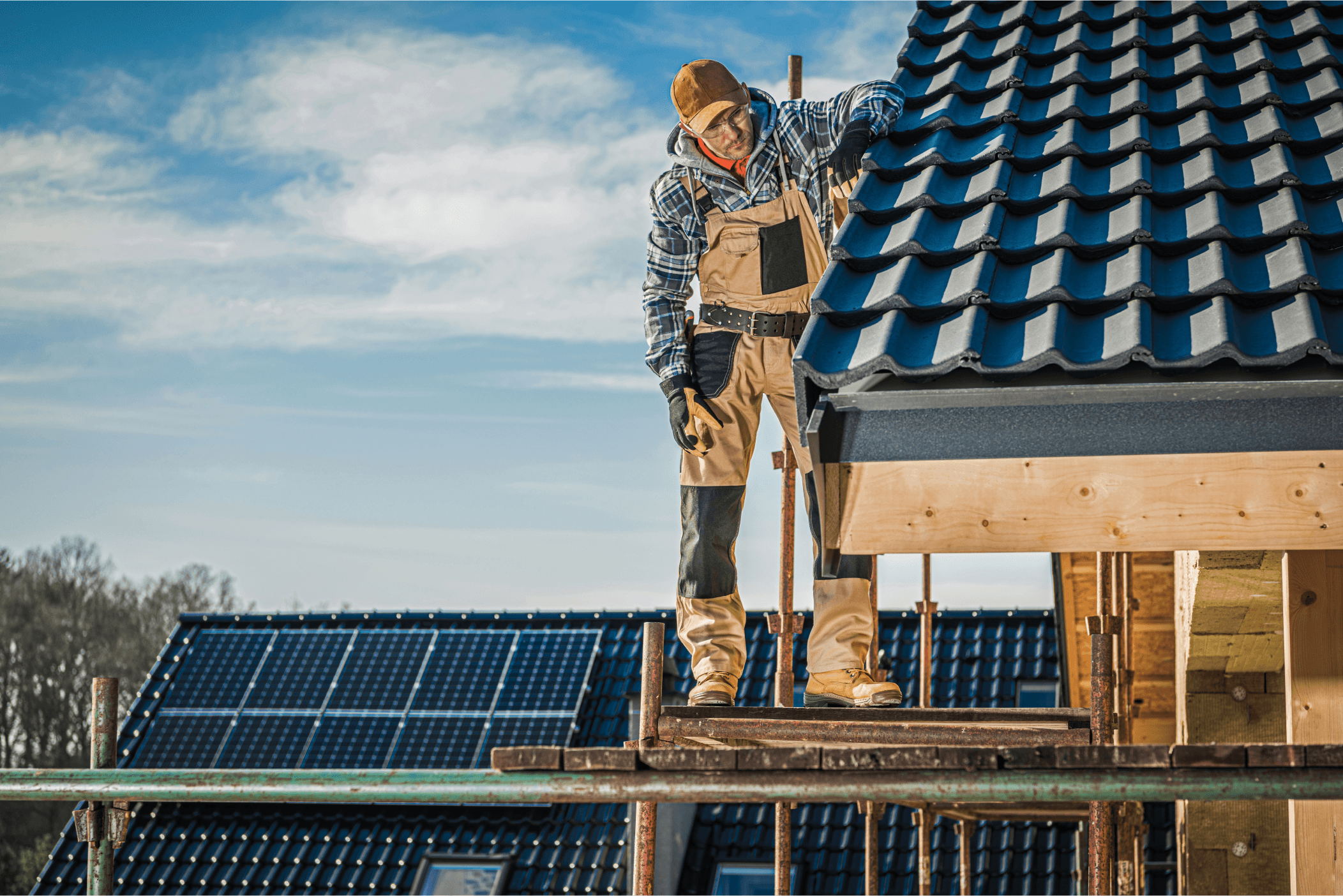The Ultimate Guide to Choosing the Right Roofing Material
How does a home equity loan work?
When investing in a new roof, one of the most critical aspects homeowners often overlook is the warranty. Roof warranties provide protection against unexpected issues, but not all warranties are the same. Some cover materials, while others cover workmanship, and there are limitations that every homeowner should be aware of.
In this comprehensive guide, we will break down different types of roof warranties, what they cover, what they don’t, and how you can ensure your roof remains protected for years to come.
What is a Roof Warranty?
A roof warranty is a written guarantee from the manufacturer or contractor ensuring that the roof will perform as expected for a certain period. If any defects or issues arise within the warranty period, repairs or replacements may be covered.
Why Do Roof Warranties Matter?
They protect homeowners from expensive repairs.
They ensure quality workmanship and materials.
They offer peace of mind in case of unexpected issues.
Types of Roof Warranties
There are three primary types of roof warranties:
1. Manufacturer’s Warranty (Material Warranty)
This type of warranty covers defects in the roofing materials. If the shingles, tiles, or other materials fail before the expected lifespan, the manufacturer will replace them.
✔ What’s Covered?
Defective shingles, tiles, or metal panels
Premature deterioration
Manufacturing defects
✖ What’s NOT Covered?
Improper installation
Damage due to natural disasters
Poor maintenance
What Can Void a Roof Warranty?
Improper Installation
Using an unqualified roofer or attempting DIY roof work can result in an invalidated warranty. Always hire a certified contractor.
Poor Roof Maintenance
Failure to clean debris, unclog gutters, or inspect for damage can lead to deterioration. Many warranties require regular maintenance.
Unauthorized Roof Modifications
Installing satellite dishes, skylights, or solar panels without proper procedures can damage the roof and void warranties. Always consult with your roofing provider before making changes.
Using Non-Approved Materials
Mixing roofing materials from different brands may lead to compatibility issues, voiding the manufacturer’s warranty.



